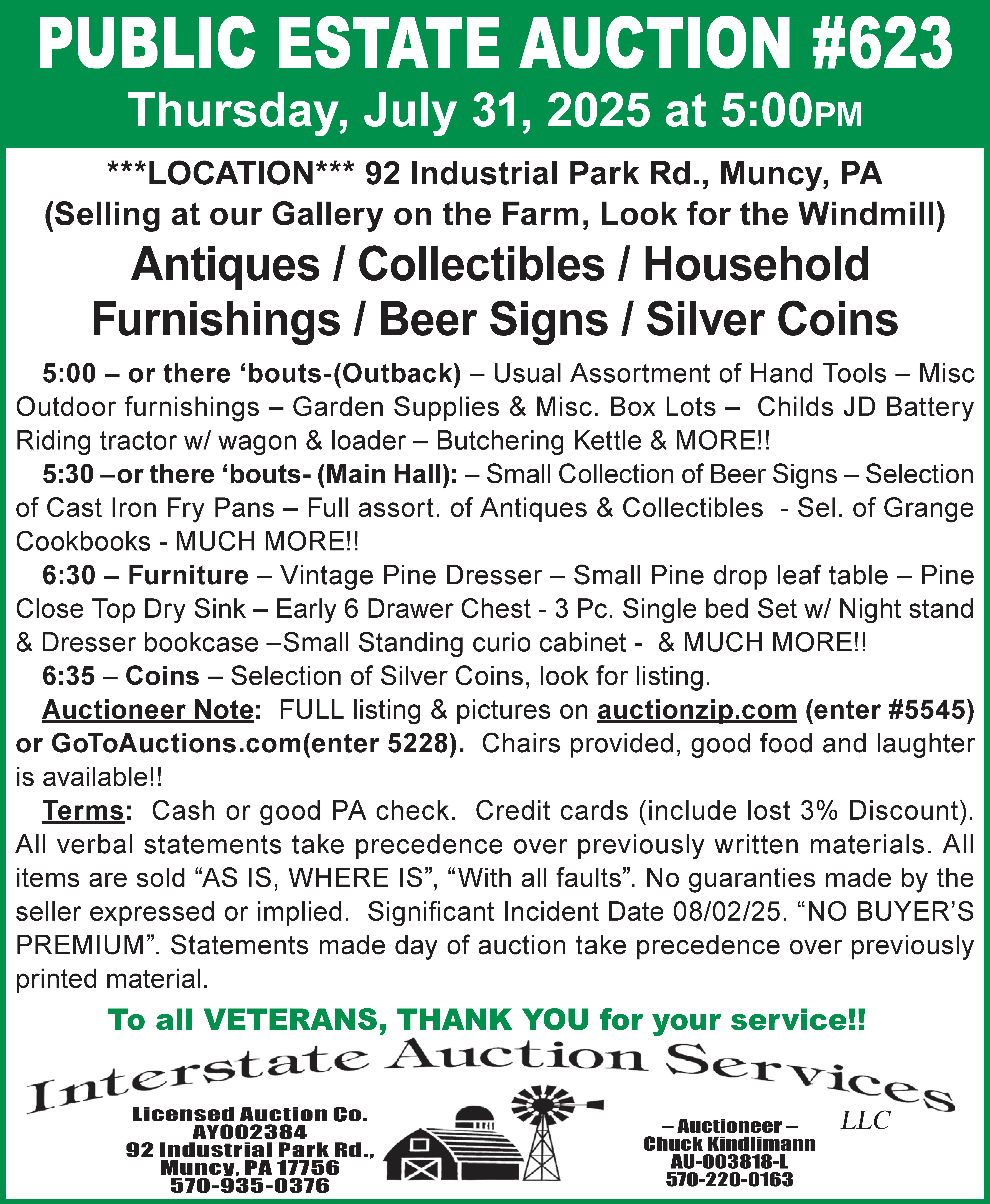“Will you still need me, will you still feed me, when I’m 64?”
As of this week, that’s exactly how many installments we’ve reached in Webb’s Weird Words; as it happens, 64 is also my current age.
I considered something either whimsical or indulgent on this august occasion — like maybe an extrapolation of my last name?
Meaning metalworker — and sometimes used as a suffix (e.g., blacksmith, silversmith) — it is one of many Anglo-Saxon surnames taken from an occupation: see Taylor, Carpenter, Miller, Mason, Thatcher, etc.
But to be honest, I’m late on my Webb deadline this week and can’t quite manage the research for a “last names” column. We’ll do that later — maybe at 100?
For now, let’s just continue with our theme from the past three weeks: “words in disguise” — that is, terms that don’t mean what we might assume.
I’ve still got 15 of these to cover. Let’s see how many we can get through:
Billingsgate (BILL-ingz-gate, or -git, noun) – To me, this sounds like it means “nonsense” — or perhaps some kind of scandal, using our now-familiar -gate suffix (as in Contragate, Debategate or Watergate — from which, of course, it originates).
But actually, according to dictionary.com, this term means “coarsely or vulgarly abusive language.” And it’s much older than the fairly recent -gate ending. Originating in the 17th century, it comes from the name of a London fish market where such offensive speech was, apparently, often heard.
While we’re in that geographic region, I’ll break with my usual alphabetical order to throw in another British term:
Pantechnicon (pan-TEK-ni-kon, noun) – Go ahead: I dare you to guess what this word means.
I first encountered it in a British mystery novel and had to look it up, even though there was plenty of context in the written passage: it’s a moving van — often one that carries furniture.
According to Wikipedia, the term goes back to horse-and-buggy days, originating in a massive London store called Pantechnicon. The word itself seems to be “invented” — meaning it has no long historical etymology; in this case, it was coined from two common Greek elements: pan, meaning “all” (as in panorama, pantheon, panacea, pandemic and many others); and tech, meaning “art.”
The Wikipedia entry has some nice photos if you want to see an actual British pantechnicon; according to that worthy site, it is mentioned in works by such authors as Dickens, Thackeray, H. G. Wells, Beatrix Potter and Ken Follett.
Sticking with a theme, here’s another from the British isles — Scotland, to be specific:
Creepie (KREE-pee, noun) – Nope — it’s not some weirdo … or a vinelike plant … or even an adjective along the lines of eerie or unnerving. It simply means “a low stool” — often one with three legs. It is related to our familiar verb creep, in the sense of being low to the ground.
And now that we seem to be on a sideroad involving furniture, here’s another term with unexpected meanings:
Bombe – When pronounced with an accent on the second syllable — bom-BAY — this is an adjective that means “having outwardly curving lines”; it is most often used to describe furniture.
That’s from Merriam-Webster online, which also indicates that it can be a noun. Pronounced simply BOM, that version is a layered frozen dessert made with ice cream.
Though I still think that if you offered a “bomb” for dessert, it might clear the room a whole lot faster than, say, cheesecake.
And since I started with names, let’s finish with another surprising term that somehow became one of my nicknames in college:
Ho-dad (HO-dad, noun) – Of course, back in the Stone Age, when I met the fiendish freshman friends who bestowed on me this honorific term, the word “ho” did not have its current slang meaning — thank God. Otherwise, we might’ve assumed I was some sort of pimp or other dishonorable male figure.
Though actually, those last three words do in fact categorize this term. It actually means a feckless non-surfer who hangs out on the beach pretending to be one of the cool wave-catchers, even though he cannot surf.
I like to think my Syracuse University friends simply changed the “J” in Joe to an “H” (a la Jose) and did not mean to make me out as a nerd or geek.
After all, there is not much surfing in Central New York.
So as the Beatles put it in the lyrics that started this article: “Indicate precisely what you mean to say.”
— Yours sincerely, Wasting Away



